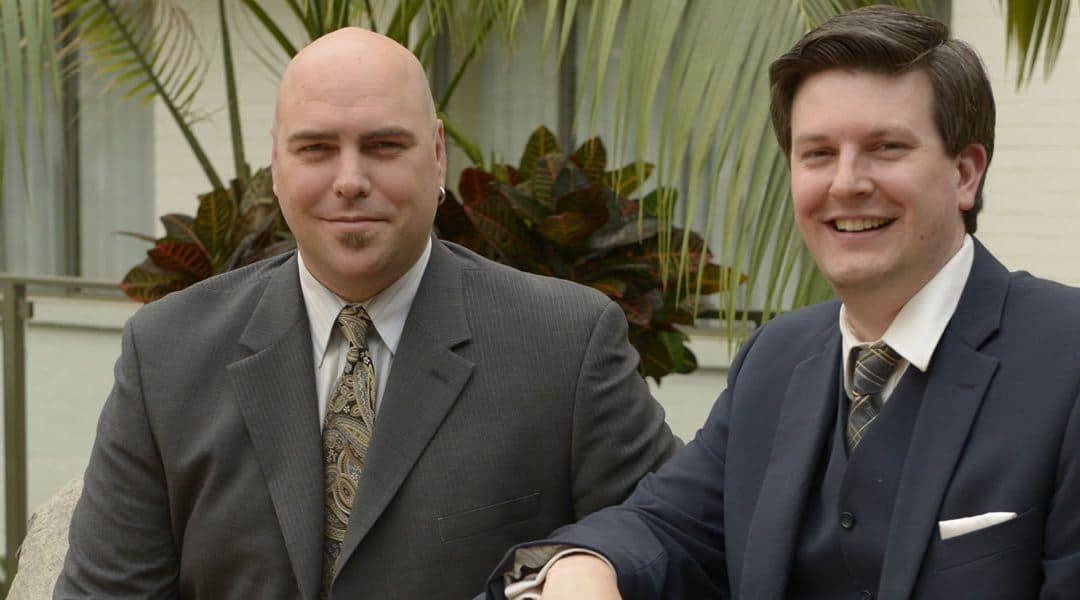Nothing lasts forever.
That tired cliché aptly describes the real estate industry, specifically its decades-old business model that many insiders decry as arcane and deleterious to the industry’s future viability.
However, it isn’t all doom and gloom for everybody, as adaptability and experimentation with new business, commission, and brokerage models are beginning to yield results.
Such is the case for PC275 Realty in London, Ontario, slated to celebrate its third birthday on April 1 with a new 5,000-sq.-ft. facility.
Dustin Pritchard, CEO and co-founder of PC275 Realty, says the secret to its burgeoning business – and soaring profits – is that it charges a flat commission rate of 2.75 per cent for properties over $200,000 and a flat $1,500 for anything below.
Pritchard believes in the old adage that change is the only constant, and in giving credence to new and very real threats to business like mere posting services, Pritchard says the industry must adapt in newer, and sometimes unconventional, ways. In addition to its lower commission rate, PC275 seeks to make its salespeople into partners in the company. Not only has this provided an attractive alternative to traditional brokerages, but it has also increased business.
“A Realtor who grows with us and becomes a partner has incentive to make sure the company does extremely well,” said Pritchard. “They’re given respect from the brokerage by being made an owner. It’s comparable to WestJet; I’d like the employees to own most of the business. We’re a lot stronger as a team than as individuals.”
PC275’s long-term ambition is to have a franchise in each major Canadian market. That’s a lot of partners, but as Pritchard sees it, everybody (the agents and perhaps most importantly, the customers) wins.
“Houses have averages of five-per-cent commissions,” says Pritchard. “Our 2.75 per cent allows sellers flexibility, meaning they can list a little lower than market value and still walk away with the same amount of money, and it sells faster.”
Pritchard draws parallels between the travel industry and the real estate industry. The former is in dire straits because technology has begun supplanting agents. Mere posting services would be the real estate equivalent, encroaching upon Realtors’ would-be clientele.
It’s also telling that a recent CREA Futures study advised that integrating technology is imperative. It tacitly predicted seismic change within the industry, meaning today’s top players won’t be tomorrow’s crème de la crème because, in spite of multitudinous warning signs, a pervasive reluctance to change is gripping the industry.
“This trend has been speeding up,” says Pritchard. “There are more competitors in mere posting services that make profits. I noticed that about five years ago when I was doing investment properties, I was getting more access to information as a consumer. What I noticed over a number of years is our business model has had to change to be reflective of where the consumer is getting info. The value we provide as professionals is still there and I’m not saying the consumer isn’t seeing value in Realtors, but they realize they can get more.
“If we don’t (adapt), online services will continue to drive a wedge between ourselves and the consumers. We provide an indispensable service, but if we ignore things we’ll be made redundant like travel agents. The technology is there.”
Pritchard and PC275 co-founder Andrew Crook were top agents at their previous brokerage and decided to go into business for themselves. After tinkering with their formula they feel like the equation is sound, and a major reason is because PC275 deals in high volume, driving up profits.
However, success did not come without first ruffling a few feathers. Pritchard chuckles when he recounts early opposition from within the industry, some going as far as stealing signs. “I still have a picture of one of our signs with tire tracks over it.”
Unless salespeople and brokerages adapt to an evolving marketplace, they’ll be working more hours for the same amount of money, warns Pritchard, in what he calls the commission crunch.
“Mere posting services are our largest threat,” he says. “What’s going to happen is that Realtors who don’t use technology are going to have to work harder and harder for the same amount of money. Or see a decrease. Realtors unable to leverage technology will find themselves hard-pressed to compete. Or become extinct.”
PC275 Realty is very much nascent in its evolutionary trajectory, but it couldn’t be more assured of itself. And, as an emblem of success, the brokerage will be moving into a 5,000- sq.-ft. facility on Wharncliffe Road South, a street that sees nearly 40,000 vehicles every day. As Pritchard and Crook envision, it’s the first stepping stone towards turning PC275 Realty into a viable franchise.
Neil Sharma is a contributing writer for REM.















